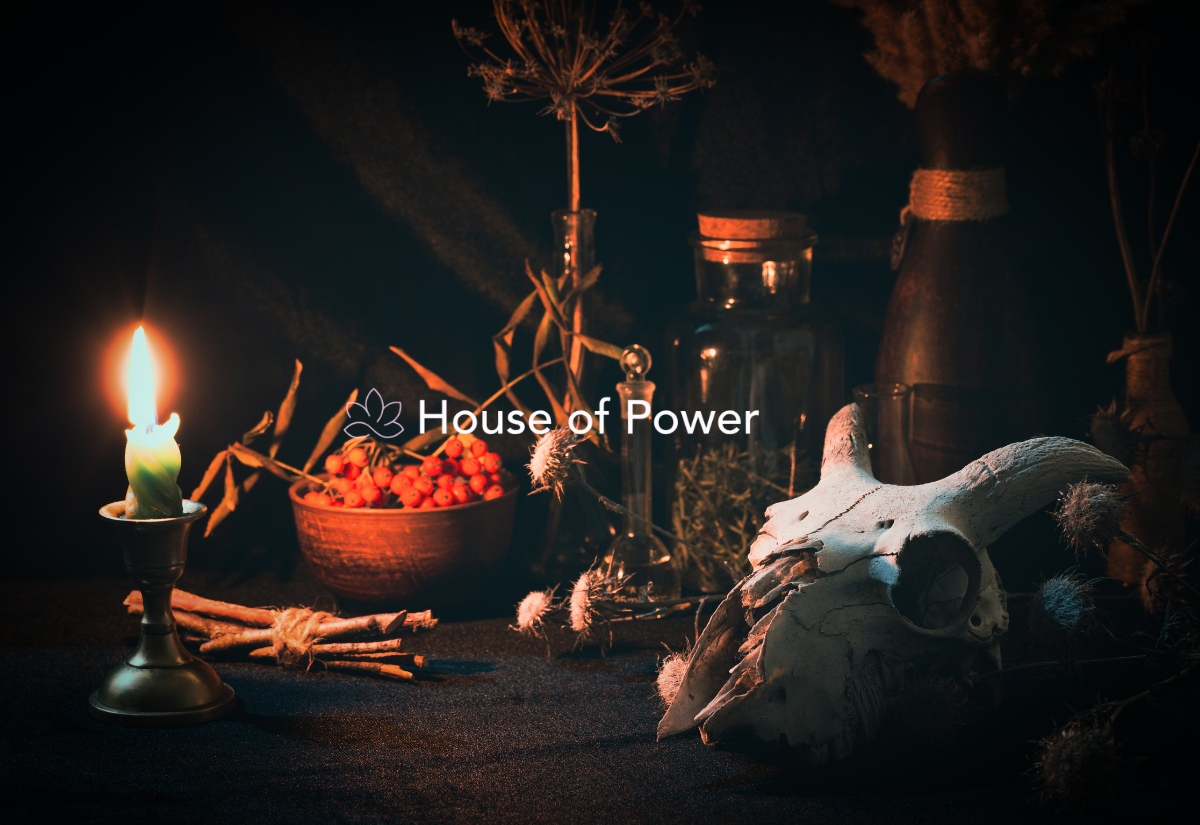Introduction
Obeah is one of Jamaica’s most discussed and often misunderstood spiritual traditions. Rooted in African heritage and shaped over centuries, Obeah has inspired fascination, fear, and folklore. While popular media frequently portrays it as mysterious or dangerous, the truth is far richer and more complex. Understanding the difference between Obeah and the myths surrounding it is essential for anyone interested in Jamaican culture, history, or spirituality.
The Origins of Obeah
Obeah developed during the colonial era when enslaved Africans brought spiritual practices to the Caribbean. These practices combined:
- African spiritual systems: Including herbal medicine, ancestor veneration, and ritual symbolism.
- Indigenous Caribbean knowledge: Using local plants, natural elements, and community wisdom.
- Colonial influences: European folklore and Christian symbolism also shaped certain rituals and interpretations.
Over time, Obeah became both a tool for personal and community guidance and a target for colonial authorities who viewed it as a potential threat.
Common Myths About Obeah
Media, literature, and popular imagination have created several myths about Obeah. Some of the most common include:
- Obeah is Evil or Malicious
Many stories frame Obeah as purely dark magic. In reality, most historical and contemporary practices focus on protection, guidance, and spiritual reflection, rather than harm. - It’s a Uniform, Organized Religion
Unlike major religions, Obeah is not standardized. Practices, tools, and rituals vary widely depending on region, community, and individual practitioner. - Obeah is Only About Witchcraft
While some rituals may appear magical, Obeah is deeply connected to herbal knowledge, meditation, and ancestral respect. It is as much about culture and history as it is about spirituality.
What Obeah Actually Represents
Rather than focusing on fear or supernatural power, Obeah reflects:
- Cultural resilience: Surviving colonial suppression and maintaining African traditions.
- Spiritual reflection: Helping individuals understand challenges, make mindful decisions, and honor ancestors.
- Community knowledge: Preserving herbal remedies, symbolic practices, and oral history.
- Artistic inspiration: Influencing music, literature, storytelling, and visual arts in Jamaica and the Caribbean.
How to Approach Obeah Respectfully
- Learn from credible sources – Academic articles, cultural historians, and museums provide accurate context.
- Avoid sensationalism – Skip media or social posts that exaggerate “powers”.
- Recognize privacy – Many practices are personal and not shared publicly.
- Focus on culture and heritage – Understand Obeah as part of Jamaica’s identity, not just as folklore or superstition.
The Role of Myths Today
While myths have shaped fear and misunderstanding, they also highlight the power of storytelling in Jamaican culture. Separating fact from fiction allows people to appreciate Obeah as a living tradition and a cultural treasure rather than a source of fear.
Conclusion
Obeah is far more than the myths suggest. It is a historical, cultural, and spiritual practice rooted in resilience, heritage, and community knowledge. By separating fact from sensationalism, Jamaicans and visitors alike can respect its significance while understanding its true purpose: a reflection of history, ancestry, and identity.
Disclaimer: This article is for educational and cultural purposes only. It does not provide supernatural services or guarantees of results.

